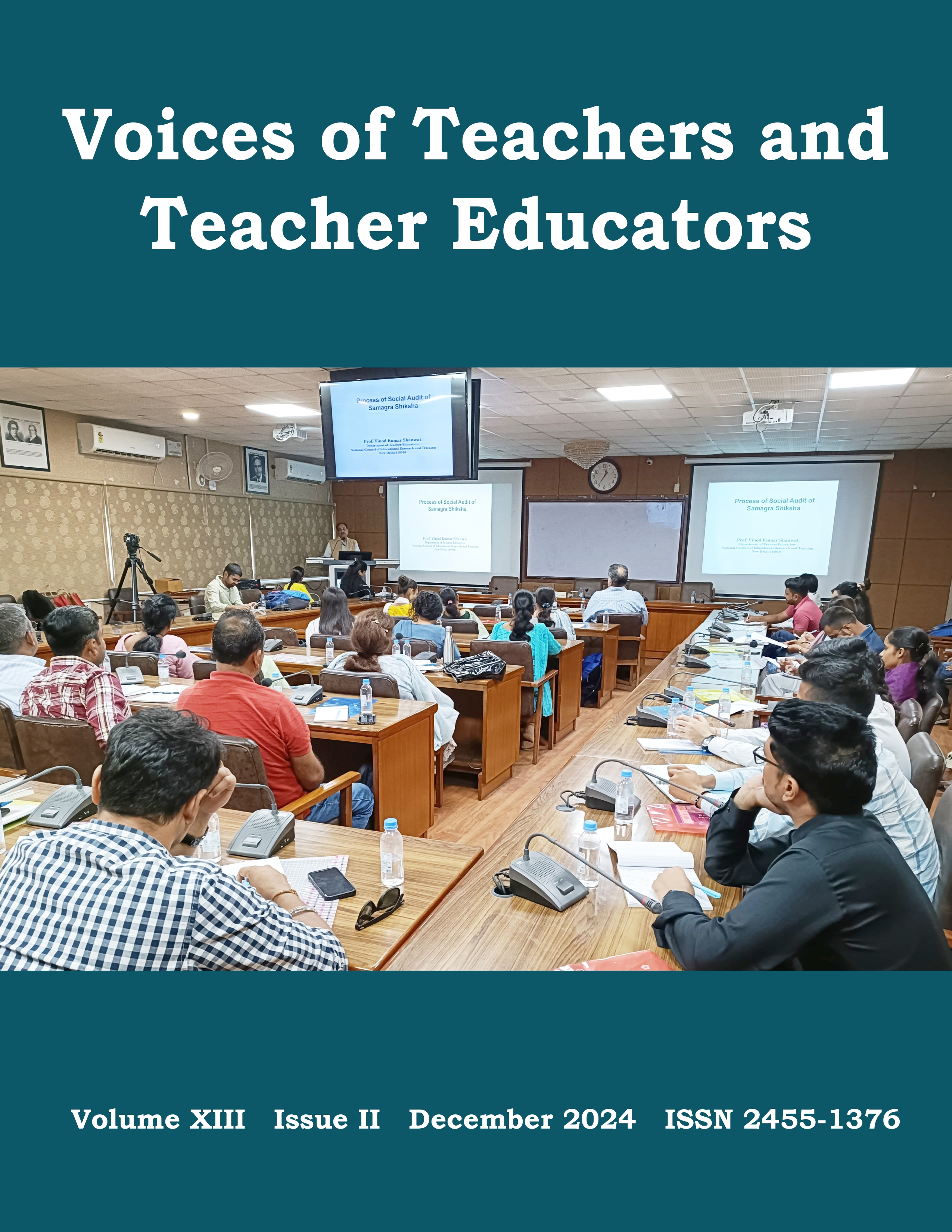Published 2024-12-31
Keywords
- Sustainable development,
- education for sustainable development,
- prospective teachers,
- attitude,
- perception
How to Cite
Abstract
According to Brundtland (1987), “Meeting the present needs while not compromising with the needs of future generations is called sustainable development.” Education for sustainable development equips individuals with the ethics, beliefs and knowledge needed to shape a non-consumptive future. Sustainable development considers not only environmental factors but also social and economic aspects. Additionally, education for sustainability makes use of the entire education system to provide students with the skills needed for a sustainable future (Sulaiman, 2019). Prospective teachers play a vital role in education as they will create a new generation by educating students. Therefore, it is important to assess their understanding of sustainable development and identify the requirements to prepare them for this role. This paper aims to explore prospective teachers’ perceptions of sustainable development and their attitude towards it. A total of 146 prospective teachers from the Faculty of Education, BHU were selected using a simple random sampling technique. The study is based on a survey, in which the participants completed an e-questionnaire designed by Sultan and Kanazawa (2019) to assess their attitudes and perceptions regarding sustainable development. The questionnaire consisted of statements rated on a 4-point Likert Scale, ranging from 1 (strongly disagree) to 4 (strongly agree). Each statement’s level of agreement was ranked accordingly. The survey measured the participants’ perceptions and attitudes towards sustainability-related issues, covering three dimensions—social, economic and environmental sustainability. To facilitate analysis and to connect the participants’ responses to several topics, the questions were coded. The findings indicate that apart from certain sustainability aspects focussed on economic and environmental issues, prospective teachers generally hold positive perspectives and attitudes towards sustainable development. In particular, they demonstrate a strong inclination towards education for social equity, environmental protection and sustainable development. However, their attitude towards biodiversity conservation is not as favourable. Additionally, the study reveals that urban and rural prospective teachers share similar perceptions and attitudes towards sustainable development. In contrast, differences exist between male and female respondents in this regard. Thus, while the place of residence does not impact perception and attitude, gender does. A key limitation of this study is that its findings are restricted to prospective teachers those studying in education faculty and colleges affiliated to BHU.

